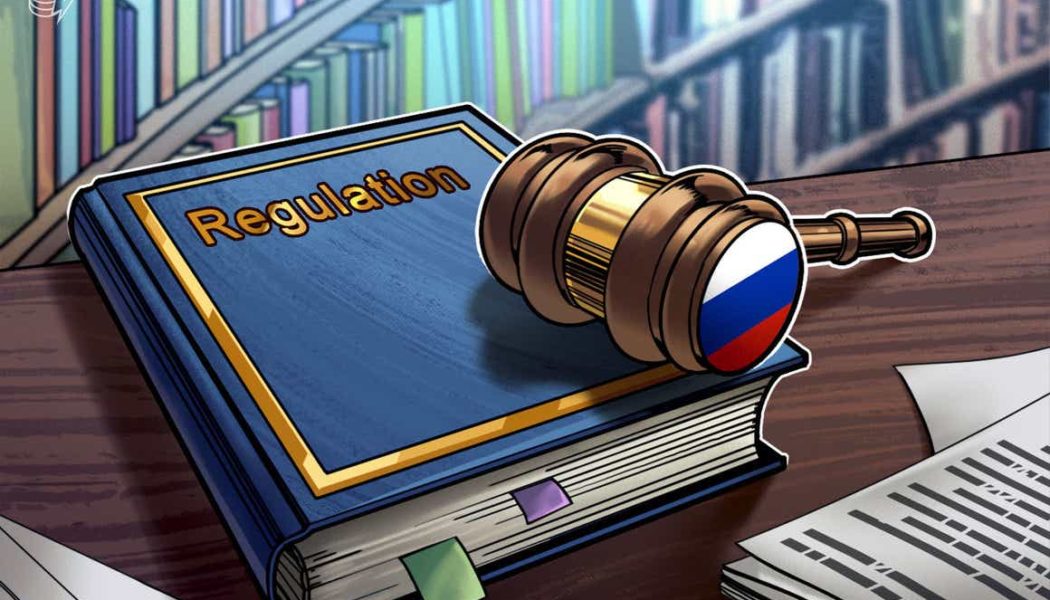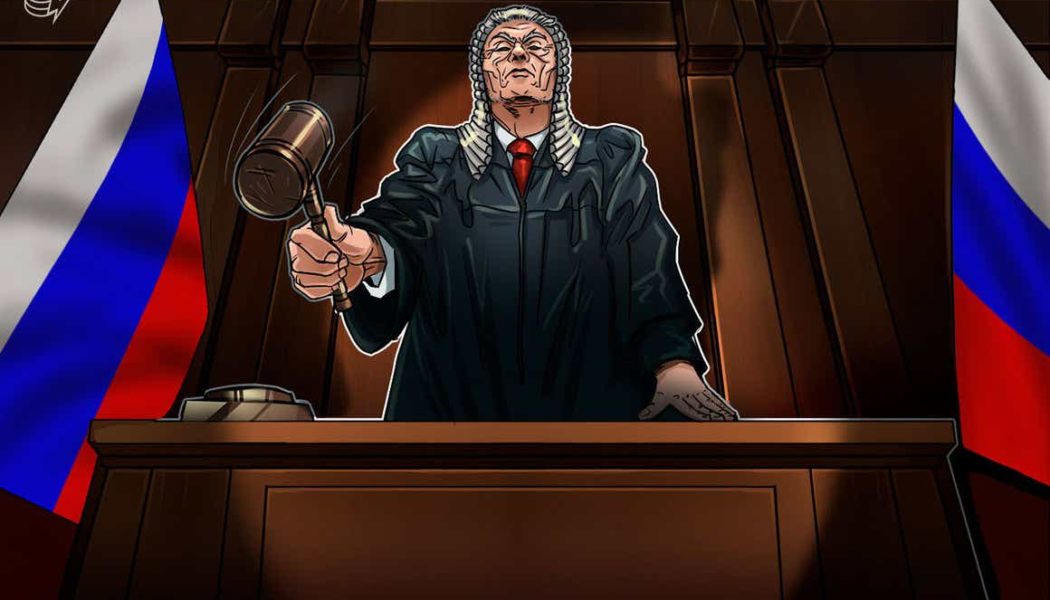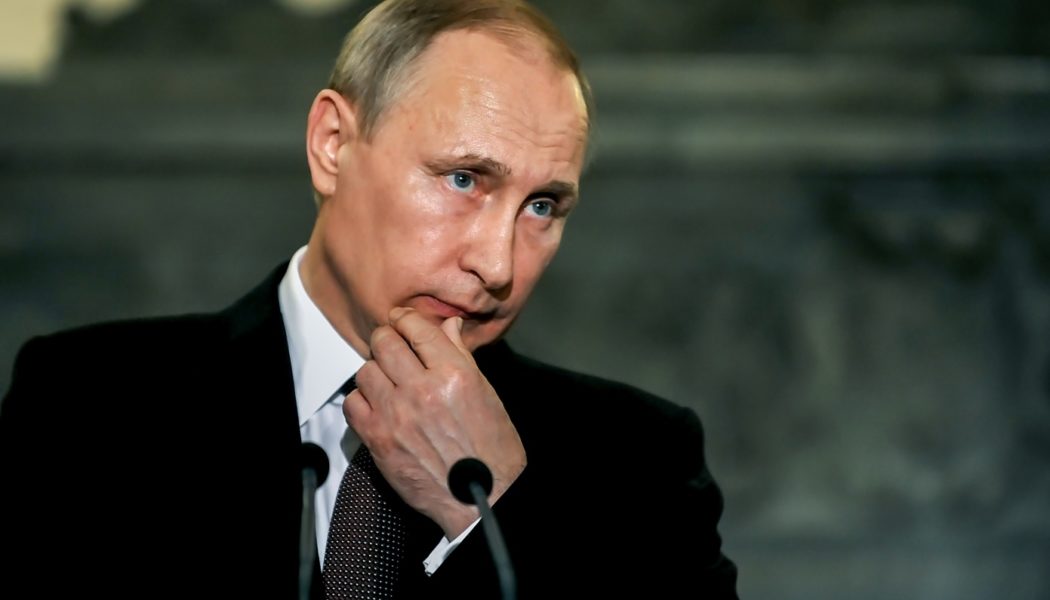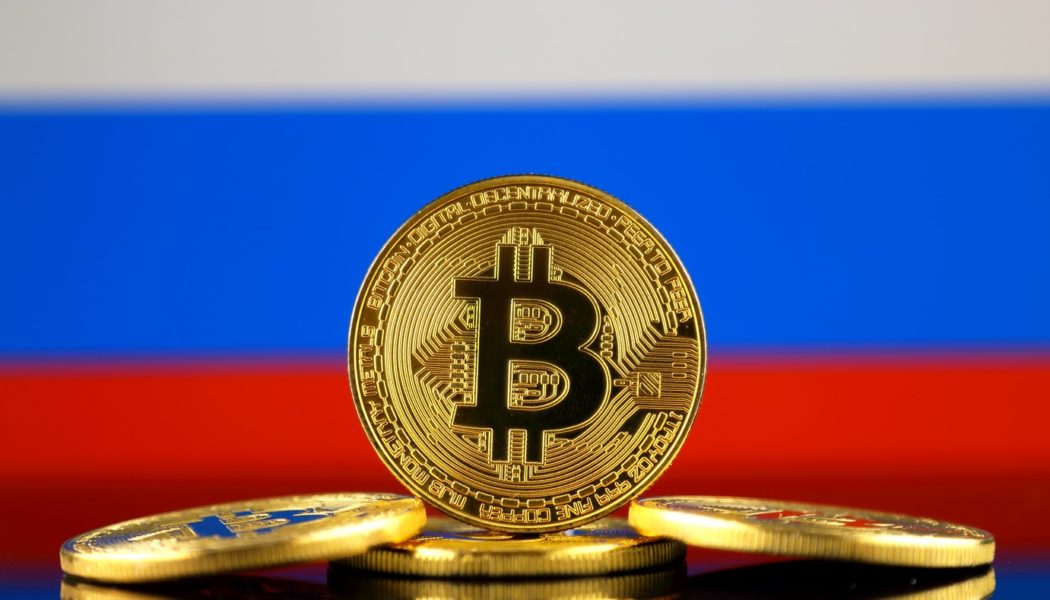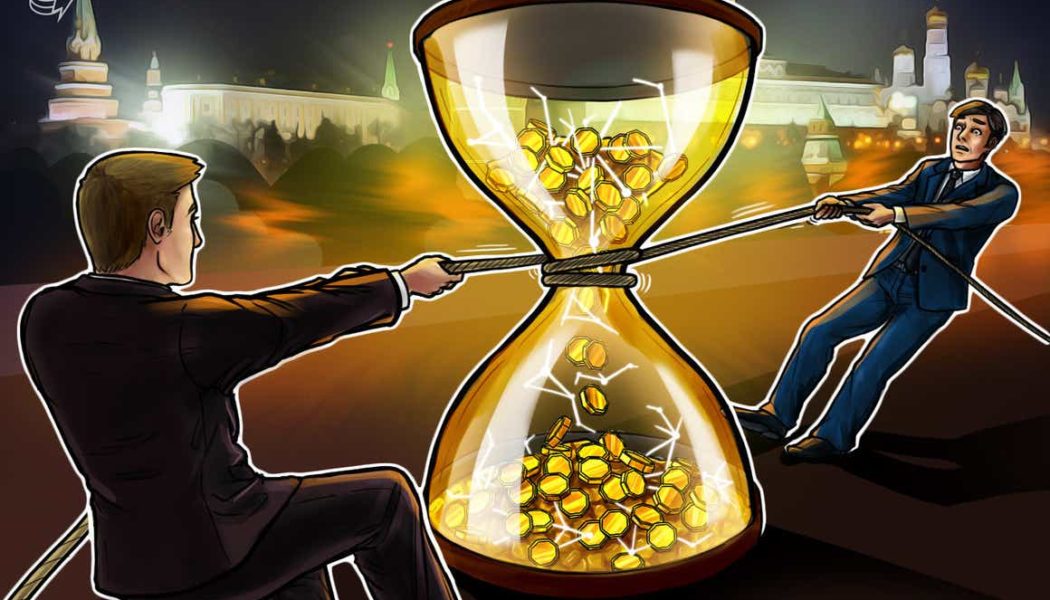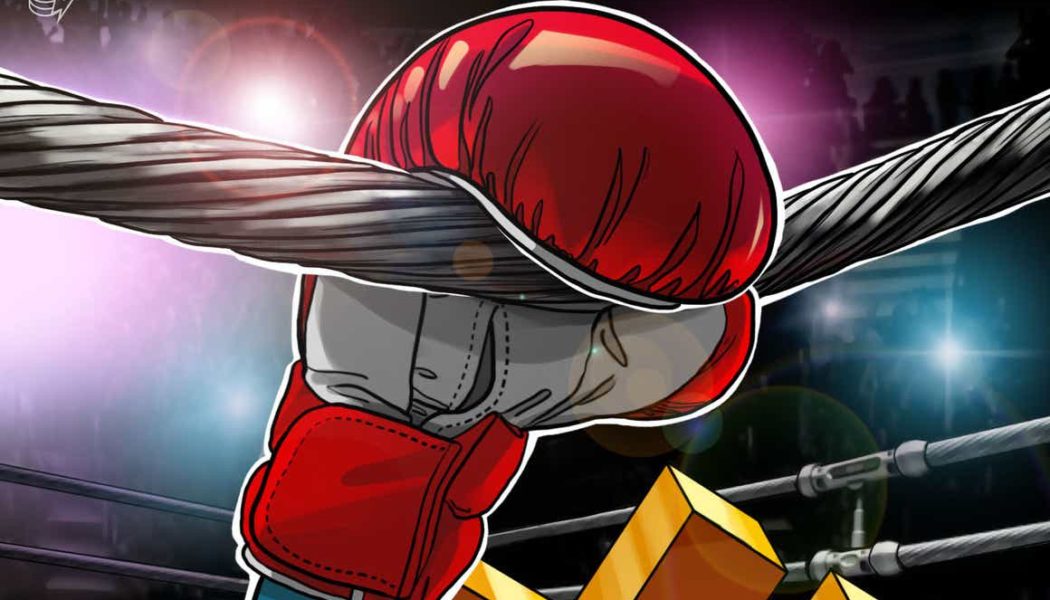Russia
Fitch says proposed Russia crypto ban eases risks but curbs innovation
On Friday, credit rating agency Fitch published a research piece about Russia’s proposed ban on cryptocurrencies. Although the report agreed with the Central Bank of Russia’s (CBR) position that the ban would limit its financial system’s exposure to risks, it also cautioned that such a proposal could “hold back the diffusion of technologies that could improve productivity.” In addition, Fitch warned: “Suppose this slows the spread of crypto-driven innovations that, for example, improve the speed and security of payments or asset liquidity via tokenization. In that case, it could over time weaken this aspect of the Russian banking sector’s operational environment relative to peers.” Additionally, Fitch commented on the adoption of a central ba...
Central bank overkill: Russia’s proposed crypto ban and why everyone’s against it
On Jan. 20, the Central Bank of Russia (CBR) issued a report summarizing its position on digital assets and proposing a ban on any crypto trading and mining operations in the country. Although the CBR’s strict position on the matter was never a secret, such a bold statement triggered waves of fear, uncertainty, and doubt — otherwise known as FUD — across the board, given Russians’ high rates of involvement in the global digital assets market. Yet, there are reasons to doubt the ultimate effectiveness of the CBR’s hardline bidding, both in terms of its enforceability and its acceptance by other power centers, including legislators and siloviki (securocrats). The picture gets even more complicated for the central bank, as a high-ranking official within another major center of economic ...
Putin is not entirely against crypto mining in Russia, cites ‘competitive advantages’
Russia’s central bank last week released a report proposing a blanket ban on cryptocurrencies Some members of the political class are opposed to the idea President Putin has established that Russia has competitive advantages in this sector He asked for a ‘unanimous opinion’ by the government and the central bank In a move that sparks hope for digital assets in Russia and the world, President Vladimir Putin has spoken in favour of cryptocurrencies. During a recent video conference meeting with members of the government, Putin explained that Russia holds certain advantages that have it better-placed to support crypto mining. The Russian President pointed to an abundance of skilled hands and electricity as the boons that put the country in the box seat. “Of course, we ...
12 of Earth’s most remote places and communities
From eastern Greenland to northern Alaska, we explore some of the most remote places on Earth Whether it’s astronomical distances, inhospitable climates or extreme terrains that define these remote and hostile lands, there’s one thing they all have in common: they are on my bucket list. That and the fact that people live there. It’s highly unlikely I’ll actually make it to many of these far-flung realms – I certainly didn’t get to Ittoqqortoormiit on my 2019 trip to Greenland – but I salute the hardcore residents who carve out an existence in the most remote places and communities on Earth. 1. Ittoqqortoormiit, Greenland Ittoqqortoormiit is located on Liverpool Land, a peninsula in eastern Greenland and one of the most remote towns in the country. It was first inhabited in 1925 b...
Here is why Russia wants to ban cryptocurrency mining and trading
Russia has previously outlawed payments via crypto and investment in crypto by mutual fund Last week Thursday, Russia’s central bank released a report proposing a blanket ban on the use and mining of crypto in the country. Russian authorities are worried that the increasingly strong position that crypto is taking could well pose a risk to the stability of the country’s financial and monetary systems. “Potential financial stability risks associated with cryptocurrencies are much higher for emerging markets, including in Russia,” the report said. Crypto is a ‘bubble’ and leads to serious environmental effects The report further suggested that cryptocurrencies carry the characteristics of a financial pyramid scheme. It detailed that with the burgeoning grow...
Russian tech and political executives denounce crypto ban proposal
Russia’s recent ban on crypto has drawn criticism from a number of big names, including Alexei Navalny’s chief of staff Leonid Volkov, and Telegram founder Pavel Durov. On Jan. 20, Russia’s Central Bank published a report proposing a blanket ban on domestic crypto trading and mining. The report stated that the risks of crypto are “much higher for emerging markets, including Russia.” However, it appears that this proposed ban isn’t universally accepted in the country. A Jan. 22 post by the Telegram founder, Pavel Durov stated that the proposed ban on crypto would “destroy a number of sectors of the high-tech economy.” He added: “Such a ban will inevitably slow down the development of blockchain technologies in general. These technologies improve the efficiency and safety of many human ...
Vibe killers: Here are the countries that moved to outlaw crypto in the past year
Last week, Pakistan’s Sindh High Court held a hearing on the legal status of digital currencies that might lead an outright ban of cryptocurrency trading combined with penalties against crypto exchanges. Several days later, the Central Bank of Russia called for a ban on both crypto trading and mining operations. Both countries could join the growing ranks of nations that moved to outlaw digital assets, which already include China, Turkey, Iran and several other jurisdictions. According to a report by the Library of Congress (LOC), there are currently nine jurisdictions that have applied an absolute ban on crypto and 42 with an implicit ban. The authors of the report highlight a worrisome trend: the number of countries banning crypto has more than doubled since 2018. Here are the ...
Russian protest group Pussy Riot seeks to tackle gender inequality in the NFT space
Russian punk rock collective Pussy Riot is planning to launch a DAO for LBTQ+ and women artists. As the group’s co-founder Nadya Tolokonnikova told Cointelegraph, the DAO will be working on reducing the gender inequality that still marks the nonfungible token (NFT) space and, more broadly, the crypto industry. Despite the large gender gap in crypto — around 60% of US crypto investors are white men, according to a survey from August 2021 — Nadya is convinced that it is still early enough for Pussy Riot to make an impact. “The NFT space is still so small, I feel that with a good enough effort you can actually change it,” she said. Nadya is already using her follower base to promote the work of women and LGBTQ+ artists and connect them with potential collectors. The DAO will continue doi...
Binance taps former central bank exec to push compliance in CIS and Russia
Binance, the world’s largest cryptocurrency exchange, is putting more effort into increasing compliance in the Commonwealth of Independent States (CIS), Russia and Ukraine. Binance is planning to extend its operations in the region and boost local cryptocurrency compliance and education, Gleb Kostarev, head of operations for Russia and the CIS at Binance, told Cointelegraph on Tuesday. The company additionally expects to focus on the local Binance Smart Chain development and community, he noted. As part of the effort, Binance announced several local hires, including Olga Goncharova, Binance’s new director of government relations in Russia and the CIS. Goncharova previously served at the Bank of Russia as director of the bank’s report processing department from 2014. She was responsible for...
Getting paid in BTC was a ‘big part’ of the reason this MMA fighter signed with Eagle FC
Kevin Lee, a professional mixed martial arts fighter, has said a major factor in his decision to sign with a new promotion company was Bitcoin (BTC). According to a report from MMA news outlet BJ Penn, the Russia-based Eagle Fighting Championship will be paying Lee in BTC as part of a four-fight contract. The fighter has reportedly been a HODLer since before the 2017 bull run, later using some of the profits to live off of after paying for knee surgeries. “To be paid in Bitcoin and not give me any pushback on it whatsoever, was huge in the decision [to sign with Eagle FC],” said Lee. “It gives me a lot more financial security and will help me fight better, too.” Уважение орёл #EagleFC pic.twitter.com/tgmCQyYK2R — Kevin MTP Lee (@MoTownPhenom) December 15, 2021 Payments concerning the ...
Law Decoded: Three regulatory trends of 2021, Dec. 20–27
It is that time of the year: Singular events must be abandoned in favor of end-of-year, big-picture narratives and yearly lessons learned. As many governments across the globe finally had to face the rapidly mainstreaming realm of digital finance, the year is packed with developments in crypto policy and regulation that are impossible to fit into a neat little summary. However, it is possible to try and distill several major trends that have come to the fore during the past 12 months, and that will keep shaping the relationship among societies, state power and the crypto space as we roll into 2022. Below is the concise version of the latest “Law Decoded” newsletter. For the full breakdown of policy developments over the last week, register for the full newsletter below. U.S. Congress notic...
